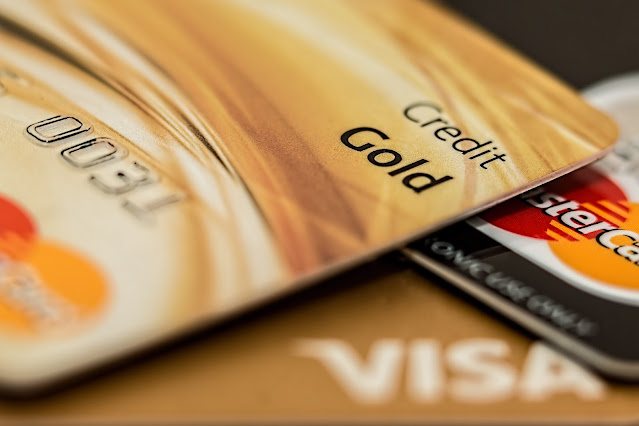Buying on Credit: Meaning, Benefits & Drawbacks
Buying on Credit: Consider This First
You might be looking to buy a new laptop or a costly accessory that you always wished. The shop have offered you to buy on credit, which makes you tempted to follow through with their proposition. However, before you're do that you should probably know what buying on credit means, as well as the drawbacks and potential advantages of it. Only then can you make an informed decision on the matter, which will benefit you the most in the long run.
 |
| Image by Steve Buissinne from Pixabay |
What Does Buying On Credit Mean?
The expression 'buying on credit' means that you're purchasing something through financing, i.e. through a loan or using a credit card (which is where the expression originates from). By financing a purchase, the person 'buying on credit' is obliged to pay for the product or service over a set period of time, usually with an added fee or percentage of interest. This is just convoluted way of saying that it's a loan.
On the other hand, the opposite of buying on credit is to pay in full, which means to immediately paying the complete amount for an item upon purchasing it.
Recommended Read:
What Are the Benefits And Drawbacks of Buying On Credit
There are both advantages and disadvantages for buying on credit, although rationally the drawbacks heavily outweigh the benefits.
Benefits of Buying On Credit
The benefits of financing a purchase is that you can instantly access the item or service you wish for. Sometimes you can leverage this to your advantage, i.e. as an investment for your future. Let say pay for a costly programming course, which in return lands you a better paying job. That's good, and might ultimately give you a return on your investment, both financially and emotionally.
There is another benefit if we're talking about buying on credit using credit card debt. First and foremost it might increase your credit score, which in itself means lower rates on insurances and decreased interest rates on loans. In addition, it might earn you rewards and cash-back, which actually saves you money if you use it responsibly.
Moreover it can provide purchase and travel insurances, which are most certainly good-to-haves in case of scams. Hence you shouldn't be scared of using credit cards, but you should be cautious of how you use them.
Drawback of Buying On Credit
The main drawback is that you're buying something you might not afford, especially if you're not calculating your finances in advance and know precisely what your monthly budget tolerates. In addition, you are generally paying more when buying on credit, since there's often an fee or interest rate attached to the financing.
Consequently, this might both strain you monetarily, as well as being damaging to your mental health. There are ways to reduce stress from debt, but also consider that money doesn't buy happiness and purchasing a new phone or couch doesn't lead to better well-being over a longer period of time.
Recommended Read:
Conclusion
Buying on credit means financing your purchase as opposed to paying in full. Psychologically it feels good to immediately get what you want. But remember, this is your brain succumbing to instant gratification.
Therefor do not buy anything on credit unless you the purchase is necessary for your survival or offers some sort of leverage to pay itself back in the future, e.g. a course bolstering your professional skills, making you more attractive on the job market. Under those circumstances it may count as an investment. Buying on credit may also be used responsibly to increase your credit score.
In conclusion, avoid buying on credit unless you're convinced that you'll be able to quickly pay back the credit card debt. Following this simple rule will most likely be a victory for both your wallet, sanity and credit score.



